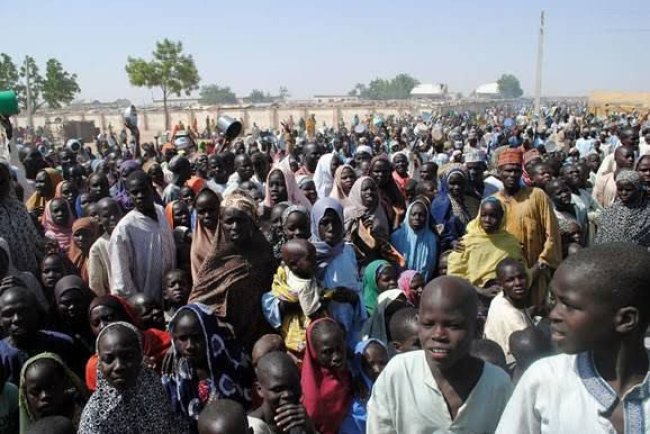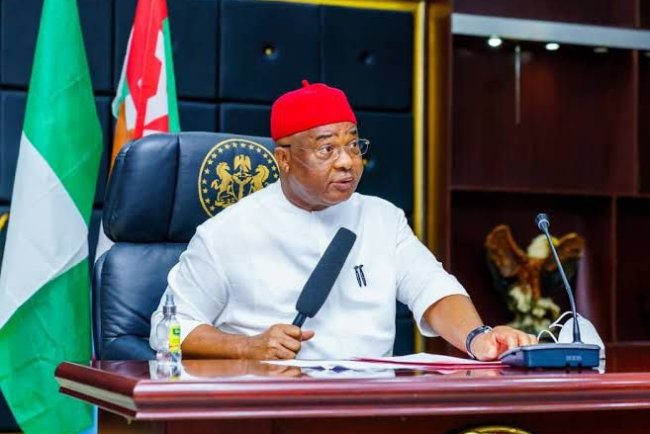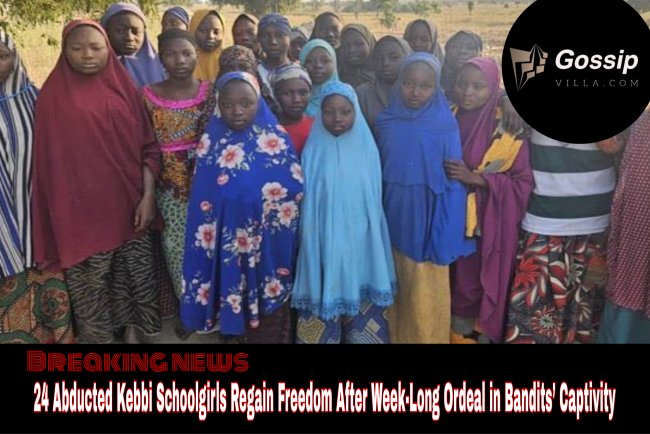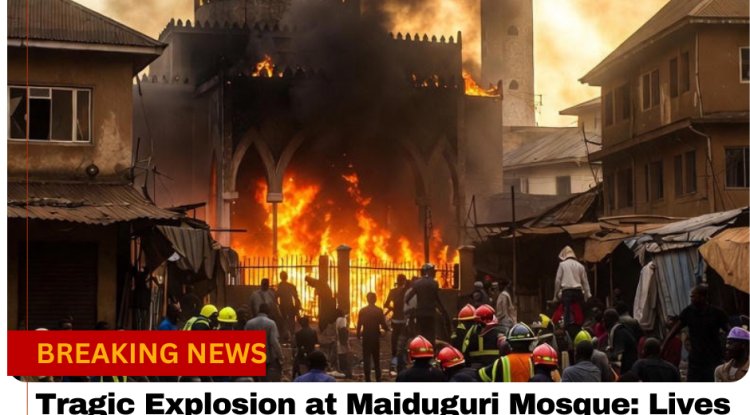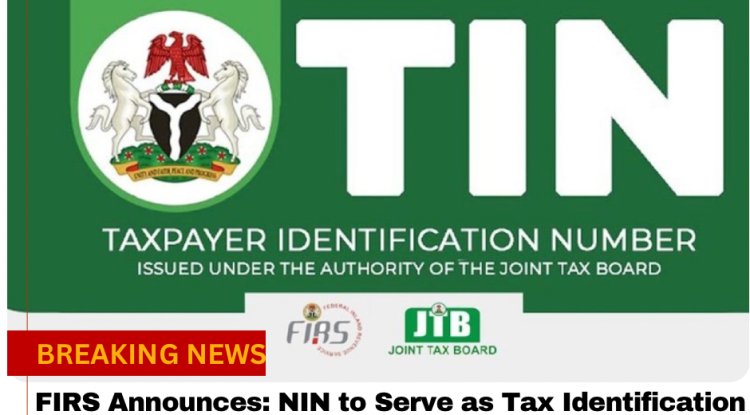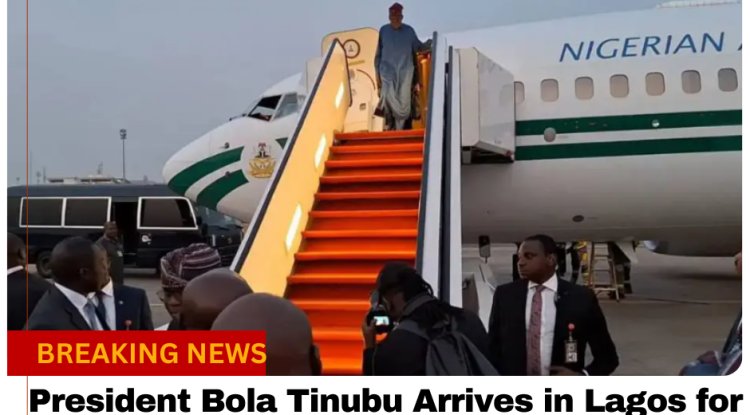Tinubu Postpones International Trips Amid Escalating Security Crises in Kebbi and Kwara States
President Bola Tinubu postpones trips to South Africa and Angola following the abduction of schoolgirls in Kebbi and a deadly attack on worshippers at Christ Apostolic Church in Eruku, Kwara State.

Tinubu Postpones International Trips Amid Escalating Security Crises in Kebbi and Kwara States
President Bola Ahmed Tinubu has indefinitely postponed his scheduled diplomatic engagements in Johannesburg, South Africa, and Luanda, Angola. The decision, announced by the State House on Wednesday, comes as the president awaits critical security briefings on two alarming incidents: the abduction of schoolgirls in Kebbi State and a brutal attack on worshippers at a church in Eruku, Kwara State. This development highlights the administration’s prioritization of domestic stability over international commitments, signaling a renewed focus on combating banditry and insurgency in the nation’s northwest and north-central regions.
The postponement affects Tinubu’s planned attendance at the 20th G20 Summit in South Africa, where world leaders were set to discuss global economic recovery and climate action, followed by the 7th African Union-European Union (AU-EU) Summit in Angola. These forums represent key platforms for Nigeria to advance its economic diplomacy and advocate for African interests on the world stage. However, the president’s office emphasized that “Nigeria first” remains the guiding principle, with lives and national security taking precedence.
The Kebbi Schoolgirls Abduction: A Heartbreaking Echo of Past Traumas
The catalyst for the trip’s suspension was the brazen kidnapping of 25 female students from the Government Girls Comprehensive Secondary School in Maga town, Kebbi State, on the early morning of November 17, 2025. Gunmen stormed the school’s dormitory, firing indiscriminately and killing the vice principal in the process before abducting the girls. Tragically, the incident has drawn painful parallels to the 2014 Chibok schoolgirls abduction by Boko Haram, which saw 276 girls taken, sparking a global #BringBackOurGirls campaign that continues to resonate a decade later.
According to Reuters news, police reports and eyewitness accounts, the attackers believed to be bandits operating in the volatile northwest exploited the school’s remote location near forested areas bordering Zamfara and Sokoto states, known bandit strongholds. One glimmer of hope emerged when a 13-year-old student escaped her captors hours after the raid and returned home safely, providing vital intelligence to security forces. Another girl evaded capture during the initial chaos. As of Wednesday, search operations involving the military, police, and local hunters continued in surrounding forests, with Lieutenant General Waidi Shaibu, Nigeria’s Chief of Army Staff, personally visiting the site to rally troops. “We must find these children. Act decisively and professionally on all intelligence. Success is not optional,” Shaibu declared.
Most of the abducted girls are Muslim, hailing from a predominantly Islamic region, debunking early rumors of targeted religious persecution. Vice President Kashim Shettima visited Kebbi on Tinubu’s behalf, offering condolences to families and assessing the situation firsthand. The presidency has reiterated directives to security agencies to exhaust all resources for the girls’ safe return, with no ransom demands reported yet.
This abduction is part of a disturbing pattern in northern Nigeria, where over 1,500 students have been kidnapped since the Chibok incident, often by armed gangs seeking ransom or publicity. Analysts attribute the persistence of such attacks to porous borders, inadequate intelligence, and corruption that hampers arms supplies to security forces while fueling criminal networks. In neighboring Zamfara State, 64 people including women and children were abducted just a day prior, underscoring the urgency of a coordinated regional response.
The Kwara Church Attack: Terror Strikes During Worship
Compounding the Kebbi crisis was a shocking assault on the Christ Apostolic Church (CAC) in Oke Isegun, Eruku, Ekiti Local Government Area of Kwara State, on the evening of November 18, 2025. Around 6 p.m., as congregants gathered for a prayer meeting, gunmen burst into the sanctuary, opening fire and sowing panic. Eyewitnesses described a harrowing scene: worshippers diving for cover amid gunfire, with a verified video capturing the chaos as bullets interrupted hymns and pleas for mercy echoed through the hall.
Official police reports confirm two fatalities—one inside the church (identified as Mr. Aderemi) and another in a nearby bush (Mr. Tunde Asaba Ajayi) along with injuries to a local vigilante. However, community leaders and parishioners, including spokesperson Joseph Bitrus, insist the death toll is at least three, with several worshippers, including the pastor, abducted and marched into the bush. No group has claimed responsibility, but locals point to Fulani bandits infiltrating via bush paths from neighboring Kogi State, part of a four-week pattern of incursions rebuffed until this breach. (Vanguard news)

The attack has ignited widespread outrage, with residents blocking roads in protest and demanding federal intervention. Kwara Governor AbdulRahman AbdulRazaq promptly appealed for reinforcements, a call Tinubu heeded by ordering additional military and police deployments to Eruku and the broader Ekiti LGA. The president also mandated a manhunt for the perpetrators, with the Department of State Services (DSS) and Nigeria Police Force leading investigations.
Tinubu’s Response: A Pivot to National Security
President Tinubu’s decision to stay put in Abuja reflects a hands-on approach to governance amid these crises. “Disturbed by the security breaches in Kebbi State and [the] attack by bandits against worshippers,” his office stated, the leader is personally overseeing briefings from Shettima, the police, and DSS. This isn’t the first time Tinubu has adjusted his itinerary for security earlier in 2025, he dispatched troops to rescue over 250 pupils in Kaduna State. Critics, however, argue that such reactive measures fall short of a comprehensive strategy to dismantle bandit networks, which thrive on weak prosecution and illicit arms flows.
On social media, reactions poured in, with users praising the postponement as a sign of accountable leadership while urging swift action.
READ MORE ON : Bandits Kill Vice Principal, Abduct 25 Girls in Kebbi School Attack
Broader Implications: A Nation Under Siege
These incidents expose the fragility of Nigeria’s security architecture, where banditry, farmer-herder clashes, and jihadist threats intersect in a deadly web. The northwest, home to over 100 million people, has seen kidnappings surge, with remote schools and places of worship becoming soft targets. Economically, such violence disrupts agriculture, education, and trade, exacerbating poverty in states like Kebbi and Kwara.
Yet, Tinubu’s administration has invested in community policing, intelligence upgrades, and cross-border collaborations. The recent troop surge in Kwara could deter further incursions, while the Army’s resolve in Kebbi offers hope for the missing girls. As one analyst noted, “Prosecution must follow pursuit, justice is the ultimate deterrent.”
In postponing his trips, President Tinubu has sent a clear message: Nigeria’s healing begins at home. As rescue operations intensify and reinforcements arrive, the nation watches and prays for the safe return of its daughters and the end to this reign of terror. The road ahead is arduous, but unified action could turn the tide.
What's Your Reaction?







